- can be anonymous (avoids embarrassment of recipient)
- can be inexpensive to administer (many multimedia tools)
- easy to compare and analyze
- administer to many people
- can get lots of data quickly
- many sample questionnaires already exist
- can hit wide geographic areas
- no interview bias
- high validity (if well constructed)
- open-ended questions utilizes respondents words
- closed-ended questions provides exact info needed by researcher
- closed-ended questions are easy to analyze
- useful for exploration as well as confirmation
- might not get careful feedback
- wording can bias responses
- impersonal
- doesn’t’t get full story
- could have design flaws
- often get low response rate
- assumes no literacy issues
- problems with incomplete responses
- respondent has choice of whether to complete or not
- must be kept short
- respondents may lack information or self-awareness to complete
- open-ended questions are time consuming to analyze and may reflect differences in verbal ability
- measures need validation
Things to Consider
- Who are you planning on surveying?
- How many people are you going to survey?
- Choose a target number
- Too few won’t give enough data to support generalizations or findings
- Too many will overwhelm you with analyzing your data
- How are you going to survey?
- in person
- on paper
- internet
- should be based on length and types of questions
- How long is your survey going to be?
- What types of questions are you going to ask?
- open-ended questions allow the participant any type of response (provides richer responses; hard to analyze)
- closed question sets up possible responses (yes/no, likert scales, specific choices) (easier to analyze but do not provide the rich responses)
- What questions are you going to ask?
- carefully consider wording
- consider first sampling a small population to refine question
- Theme and cover letter (if mailing)
- Theme:
- Who you are
- Why data is required
- Assurance of confidentiality and anonymity (if necessary)
- Contact number and/or address
- Estimate of completion time
- Instructions for return (return date, address)
- Instructions for completion
- Clear and unambiguous
- General instructions (if some questions require specific instructions, separate these)
- Response method requested (ex: check, circle, cross out)
- Provide examples, if necessary
- Theme:
- Actual Questionnaire/Survey/Checklist
- Appearance
- Neat and professional
- Careful thought to layout will help your analysis
- Simple rules to improve appearance
- liberal space make the reading easier
- consistent positioning of response boxes (speeds up completion and avoids inadvertent omission of responses)
- choose font style to maximize legibility
- differentiate between instructions and questions
- Length
- Excessive size can reduce response rates: be concise!
- If long questionnaire is necessary, give more thought to appearance.
- Order
- Select opening questions with care to keep participant committed
- Ask biographical details first
- Essential questions early; less important questions towards end
- Provoking questions should be asked at end (in the event the participant will not answer)
- Coding
- If analysis is carried out statistically or with a spreadsheet, design the questionnaire with coding in mind (ex: Male – 1; Female – 2)
- Appearance
- Questions
- Keep questions short, simple and avoid all unnecessary words
- Choose words that are familiar to participant
- Only ask questions the participants can answer
- Avoid hypothetical questions
- Avoid calculations and questions that require memory work (ex: How many people stayed in your hotel last year?)
- Avoid loaded or leading questions that imply an answer (ex: Do you agree that Starbucks has the best coffee?)
- Quantitative statements should be used (ex: avoid words such as “generally”, “usually” or “normally” for more precise meanings)
- Questions should only address a single issue (ex: Do you take annual vacations in Ocean City? Should be broken down into two: Do you take an annual vacation? Do you go to Ocean City during that vacation?
- Don’t ask two questions in one by using an “and” (ex: Did you watch television and read a newspaper last night?)
- Avoid double negatives
- State varying degrees (ex: How much did you earn last year? Less than $10,000; More than $10,000 but less than $20,000, etc.)
- Avoid emotional or embarrassing word (usually connected with race, religion, policitics, sex or money)
- Avoid confusing or wordy questions
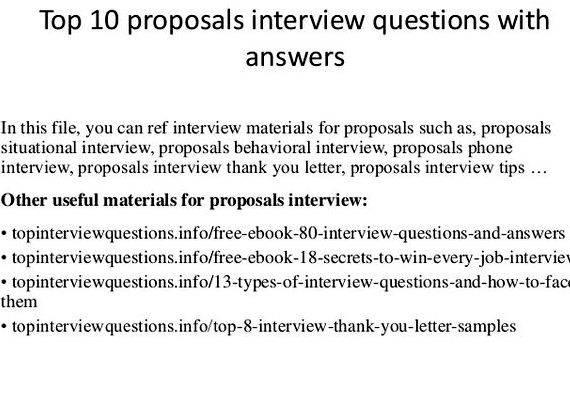
- What do you think about parking? (question isn’t’t clear)
- Do you believe that the parking situation on campus is problematic or difficult because of the lack of spaces and the walking distances? (wordy and leading)
- What is your opinion of the parking situation on campus? (better option)
Good Websites to gain more insight :
Video which explains Survey process:


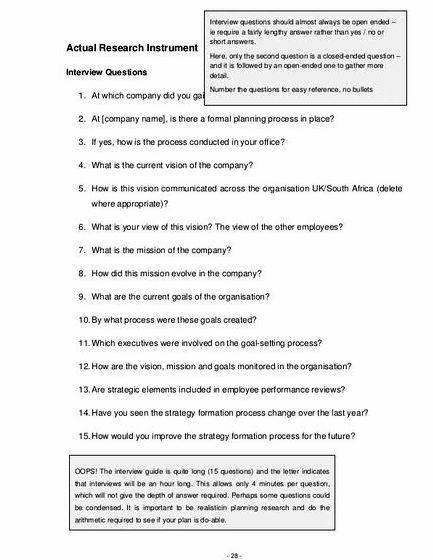


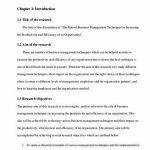 Thesis title proposal for business
Thesis title proposal for business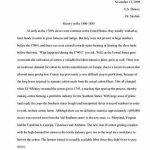 Slavery and sectional attitudes thesis proposal
Slavery and sectional attitudes thesis proposal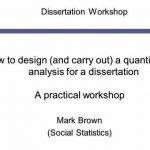 Masters thesis proposal history of christmas
Masters thesis proposal history of christmas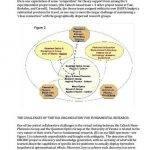 Caltech physics phd thesis proposal
Caltech physics phd thesis proposal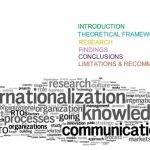 Wageningen university master thesis proposal
Wageningen university master thesis proposal






